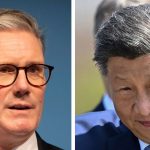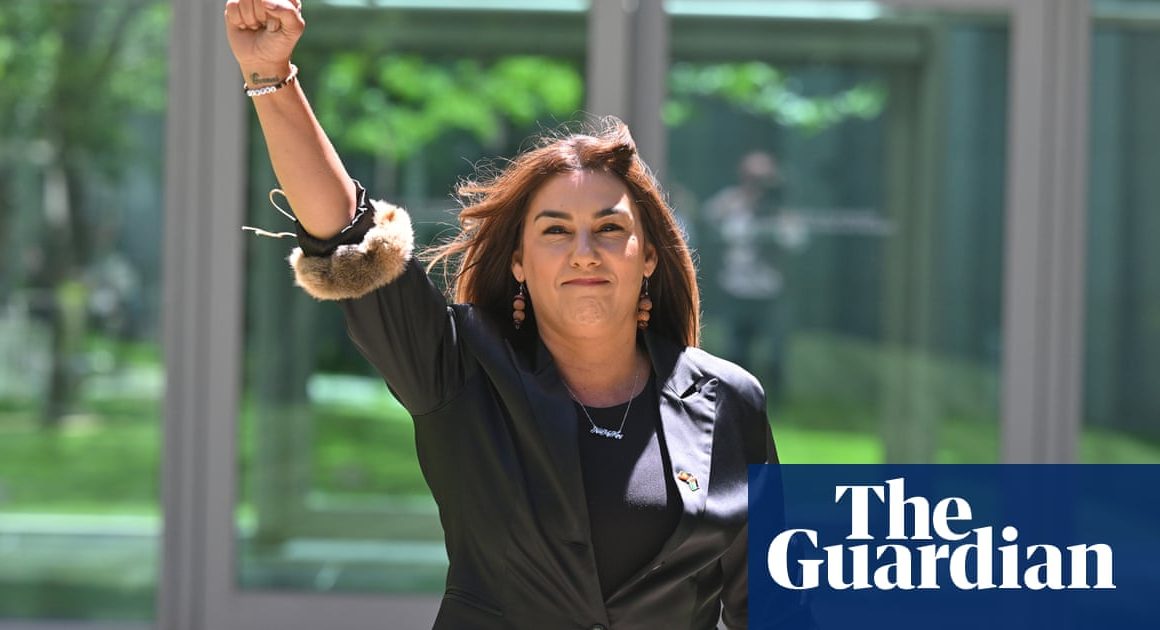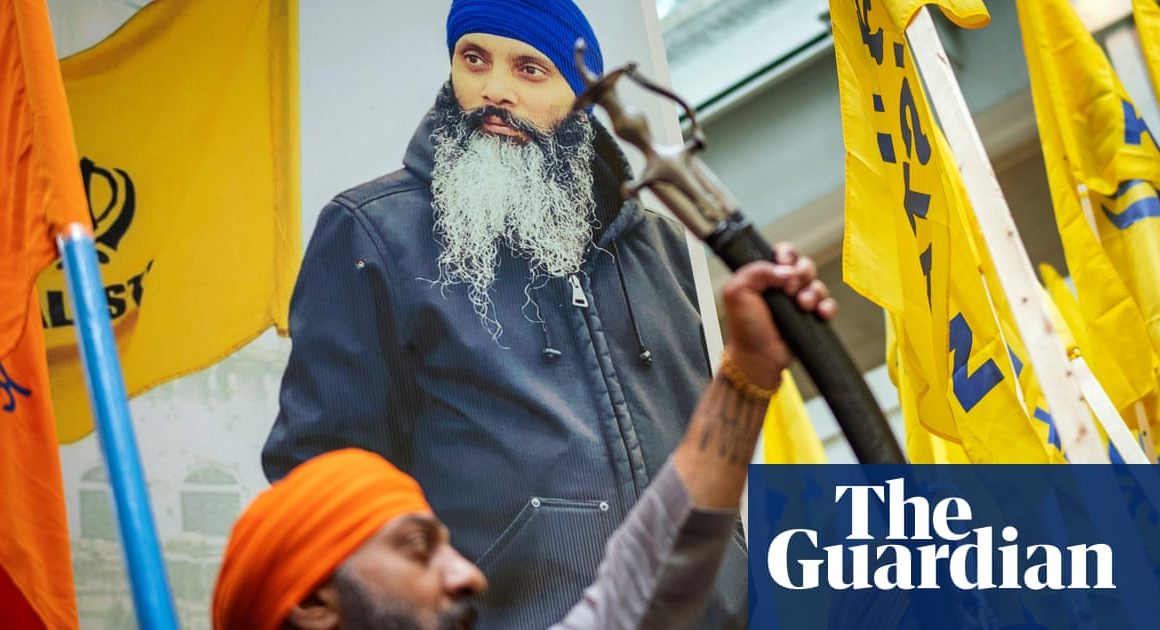A reshuffle of Volodymyr Zelenskiy’s government began on Tuesday as several Ukrainian ministers resigned ahead of their expected replacement, while a presidential aide was dismissed. Iryna Vereshchuk, a deputy prime minister and minister for reintegration, wrote online: “Rebooting … after almost three years in the government, [I submitted my] resignation today. I thank the president for his trust, thank you to the prime minister and members of the government for their cooperation … Thanks to the team of the ministry of reintegration for their work and dedication!”
Zelensky said in his evening address that changes would be made to strengthen the government. “The autumn will be extremely important for Ukraine. And our state institutions must be set up so that Ukraine achieves all the results that we need … We must strengthen some areas in the government, and personnel decisions have been prepared.” David Arakhamia, the head of the ruling Servant of the People party’s parliamentary faction, said on Tuesday: “As promised, a major government reset can be expected this week. More than 50% of the cabinet of ministers’ staff will be changed. Tomorrow we will have a day of dismissals, and the day after that a day of appointments.”
Oleksandr Kamyshin, the minister for weapons production, also resigned in anticipation of another defence role. Olha Stefanishyna, another deputy PM, stood down, along with others. Zelenskiy by decree dismissed Rostyslav Shurma, one of his deputy chiefs of staff, who held an economic portfolio.
It came as Ukrainians reeled from Russian missiles hitting a military training institute and a nearby hospital in the city of Poltava, killing at least 51 people and injuring more than 200 others. Shaun Walker and Peter Beaumont write that one of the deadliest attacks of the war took place about 200 miles (320km) south-east of Kyiv, far from the frontlines. Bodies, some in uniforms, lay on the ground covered in dust and debris. Service personnel were among the casualties at the Military Institute of Communications, the officials confirmed.
Vladimir Putin freely visited Mongolia despite an international criminal court warrant that should lead automatically to his arrest. Pjotr Sauer writes that Putin received a red-carpet welcome and attended talks where Mongolia’s president, Ukhnaagiin Khürelsükh, said the two nations’ relations were “developing in all directions”. Amid widespread international condemnation, Ukraine called for Mongolia to face “consequences”.
The situations are different at the Zaporizhzhia and Kursk nuclear power plants, Rafael Grossi, head of the UN nuclear energy agency, has said. Grossi said he discussed with Zelenskiy the safety of Russia’s Kursk plant. Ukraine has partly occupied Kursk oblast but the plant remains in Russian hands; whereas Zaporizhzhia in Ukraine was taken over by the Russian military after the 2022 invasion. Regarding Kursk, Grossi said: “I think it’s very clear for him [Zelenskiy]. He understands very well and I don’t think he disagrees at all on the fact that nuclear power plants should never be attacked.”
Grossi, due to visit Zaporizhzhia on Wednesday, said its situation was “very fragile”. “Some days we have some stability, and then there is an end, an issue, a drone impact, or like today we had one of the two existing power lines down, which means that the station is again on the verge of being on a blackout. Blackout – no power. No power – no cooling. No cooling – maybe you have a disaster.” Russian news agencies reported on Monday that a power supply line at Zaporizhzhia automatically disconnected. Ukraine said Russian attacks had damaged one of the two external overhead lines connecting the plant to the Ukrainian power grid. Russia has not commented on that charge.
Grossi said he had accepted a Ukrainian request to expand inspections to include electricity substations providing power to Ukraine’s nuclear power plants. “This is a new dimension, an important dimension I hope, of our support here, which we discussed and agreed with President Zelenskiy just now.”
Ukraine’s foreign ministry has denounced what it says are Russian efforts to “accuse Ukraine of alleged provocations against nuclear safety”. It said Russia had intensified a “disinformation campaign to distract attention from its own criminal acts” at Zaporizhzhia.











